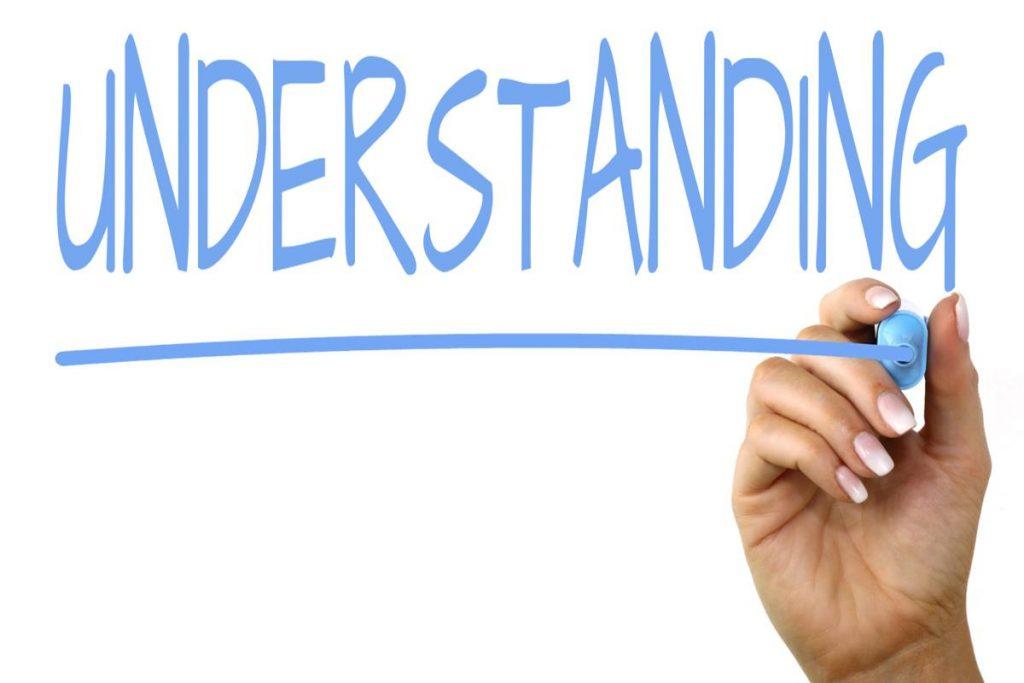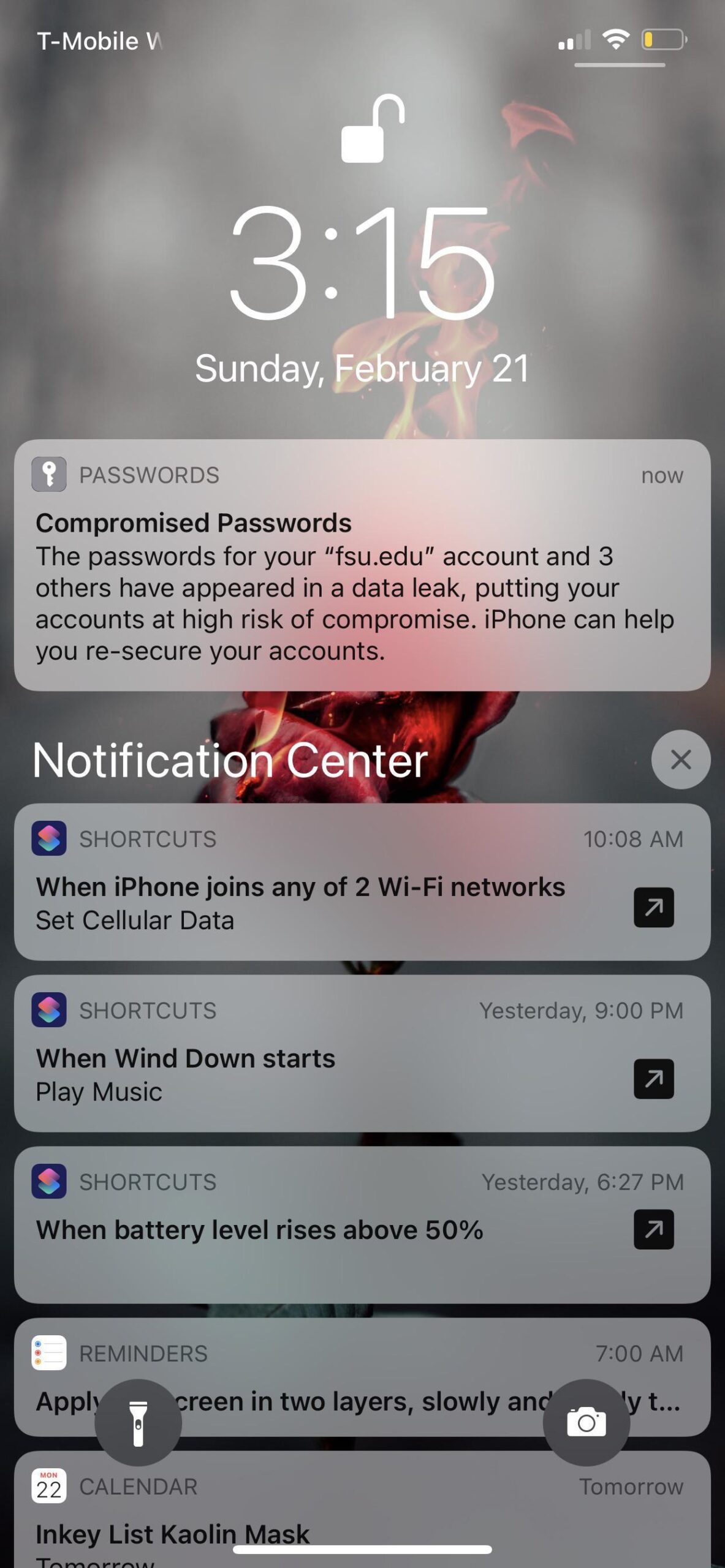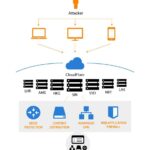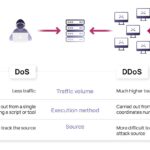In a world where cyber threats loom large, it’s more important than ever to ensure the safety of online accounts. One crucial step in this process is being alerted to leaked passwords, a service that can help customers stay one step ahead of potential security breaches. Let’s explore how businesses are working to keep their customers safe through proactive notification of compromised passwords.
Table of Contents
- Heading 1: Importance of Proactive Password Security Measures
- Heading 2: Understanding the Risks of Leaked Passwords
- Heading 3: Best Practices for Notifying Customers of Potential Security Breaches
- Heading 4: Building Trust and Loyalty Through Enhanced Customer Security
- Q&A
- The Way Forward

Heading 1: Importance of Proactive Password Security Measures
One of the most critical aspects of maintaining a secure online presence is proactive password security measures. By implementing robust password security protocols, businesses can help protect their customers from potential data breaches and cyber threats. This is especially important in today’s digital age, where cyber attacks are becoming increasingly sophisticated and prevalent.
Leaked password notifications can be a valuable tool in helping keep customers safe online. By promptly alerting users of potential password compromises, businesses can enable them to take immediate action to secure their accounts and prevent unauthorized access. This proactive approach not only helps protect customers’ sensitive information but also fosters trust and loyalty, ultimately benefiting both the business and its customers.

Heading 2: Understanding the Risks of Leaked Passwords
It is crucial for businesses to understand the risks associated with leaked passwords and take proactive measures to protect their customers. When passwords are leaked, it can lead to unauthorized access to sensitive information, identity theft, and potential financial loss for individuals. By staying informed about potential data breaches and implementing security measures, businesses can help keep their customers safe.
One way to protect customers from the risks of leaked passwords is to notify them promptly if their account has been compromised. By sending out notifications to affected users, businesses can help prevent further damage and guide customers on how to secure their accounts. Additionally, educating customers on the importance of strong passwords and practicing good password hygiene can further enhance security measures and prevent future breaches.

Heading 3: Best Practices for Notifying Customers of Potential Security Breaches
When it comes to safeguarding customer data, notifying them of potential security breaches is crucial. One of the best practices for ensuring customer safety is promptly informing them if their passwords have been leaked. This not only helps customers take immediate action to secure their accounts but also builds trust and transparency between businesses and their clientele.
By sending out notifications of leaked passwords, businesses can empower their customers to change their passwords and protect their sensitive information. This proactive approach demonstrates a commitment to customer security and can help prevent further data breaches. Additionally, providing clear instructions on how to create strong and unique passwords can further enhance security measures and minimize the risk of future security incidents.

Heading 4: Building Trust and Loyalty Through Enhanced Customer Security
One of the key ways to build trust and loyalty with your customers is by ensuring their security and privacy online. At our company, we take customer security very seriously, which is why we are excited to introduce a new feature to help keep our customers safe: leaked password notification.
With leaked password notification, customers will receive immediate alerts if their password has been compromised in a data breach. This proactive approach to security not only helps prevent unauthorized access to accounts but also demonstrates our commitment to protecting our customers’ sensitive information. By keeping our customers informed and empowered, we aim to build a stronger relationship based on trust and loyalty.
Q&A
Q: What is a leaked password notification?
A: A leaked password notification is a communication sent to a customer informing them that their password may have been exposed in a data breach.
Q: Why is it important for businesses to send out leaked password notifications?
A: Sending out leaked password notifications is important because it helps keep customers safe by alerting them to potential security threats and prompting them to change their passwords.
Q: How can customers benefit from receiving a leaked password notification?
A: By receiving a leaked password notification, customers can take proactive steps to protect their accounts and personal information from unauthorized access.
Q: What should customers do if they receive a leaked password notification?
A: Customers should immediately change their password for the affected account and enable two-factor authentication for added security. Additionally, they should avoid using the same password for multiple accounts to minimize the risk of further security breaches.
Q: How can businesses improve their security measures to prevent leaks in the first place?
A: Businesses can improve their security measures by implementing strong password encryption protocols, conducting regular security audits, and educating employees and customers on the importance of cybersecurity best practices.
The Way Forward
In a world where cyber threats are constantly evolving, staying ahead of potential dangers is crucial for businesses looking to protect their customers. By implementing leaked password notification systems, organizations can take a proactive approach to safeguarding sensitive information and preventing unauthorized access. Remember, a strong defense is the best offense when it comes to cybersecurity. Stay vigilant, stay informed, and keep your customers safe.










